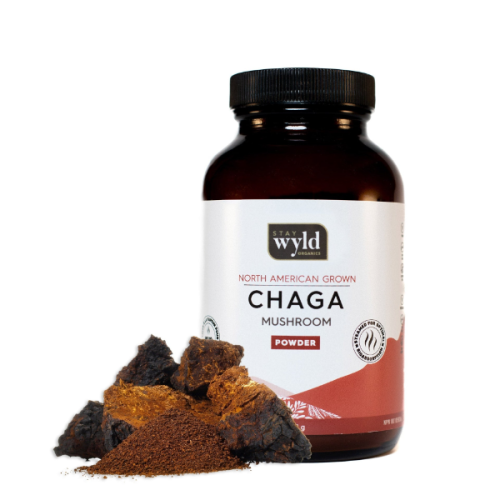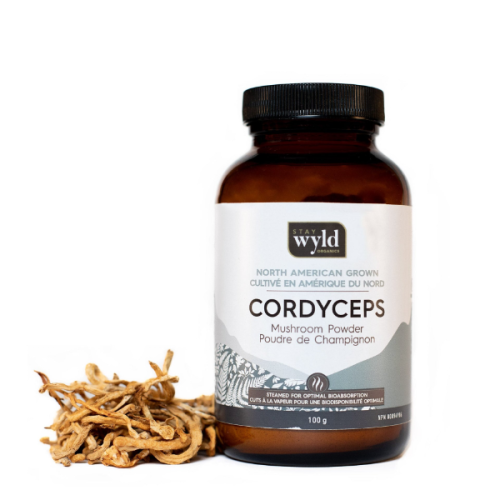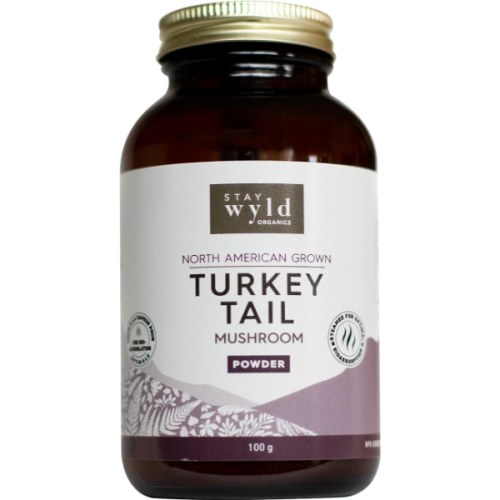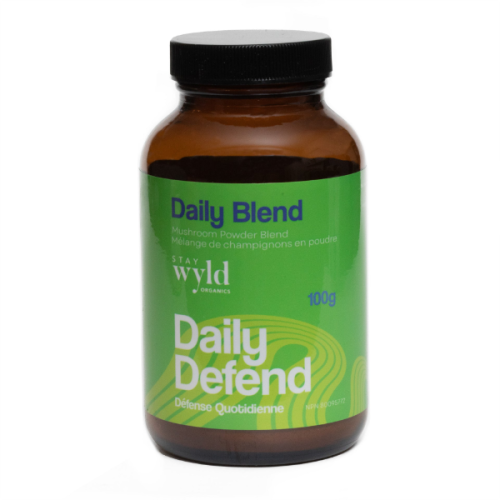Need Help? info@westcoastvitaminshop.ca
Toggle Nav
- Pharmacy
- Vitamins & Supplements
- Health Benefits
- Anti-Aging/Hair/Skin
- Anti-Inflammatory
- Allergy/Sinus
- Bladder Urinary
- Blood Sugar Support
- Bone/Joint Health
- Brain/Memory Health
- Digestive Health
- Energy
- Eye/Ear Health
- Heart/Circulatory Health
- Hormone Balance
- Immune Support
- Men's Health
- Respiratory Health
- Stress/Sleep/Mood
- Women's Health
- Detox/Liver Health
- Adrenal/Thyroid Health
- Herbs
- Homeopathic Remedies
- Minerals
- Vitamins
- Supplements
- Pet Health
- Health Benefits
- Sports & Special Diets
- Beauty & Body Care
- Grocery & Household
- Super Foods & Grocery
- Household
- Bulk Grocery/Household
- Professional Brands
- Personal Care
- Mom & Baby
- My Account
Search
- Home
- Search results for: 'westpoint parsley flakes 3 x 100g westpoint parsley flakes 3 x 100g'












